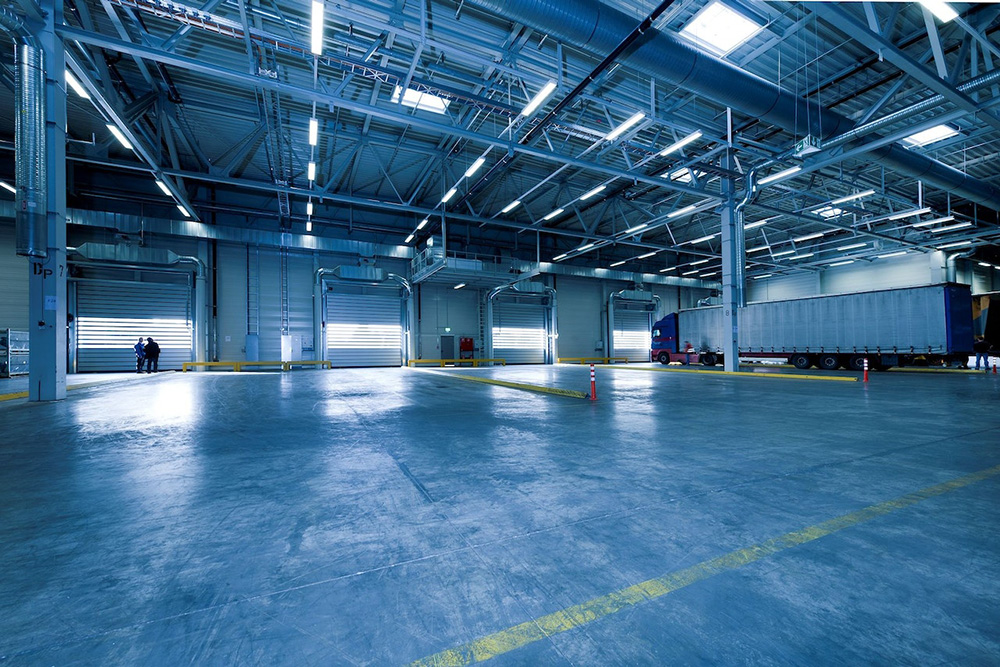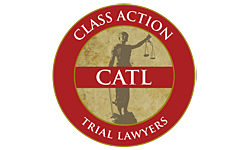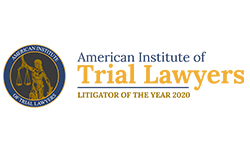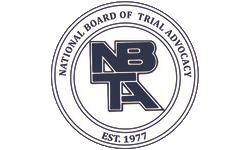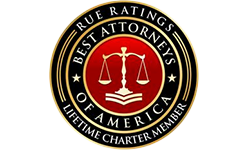Establishing Liability in Truck Accident Lawsuits
If you were asked to spell out the differences between car and truck accidents, you’d likely start by describing the difference between the sizes of the vehicles involved. However, there are more differences than that. One of those differences centers around establishing liability in truck accident lawsuits when one of the parties suffers damages and needs to take legal action to recover compensation.
Determining liability in a truck accident case can be complex. The reason why this is the case has a lot to do with there being various state and federal regulations that apply specifically to commercial carriers. Another factor that complicates things is that there can be multiple potentially liable parties who can be sued for any missteps that occurred, resulting in the crash.
Continue reading, where we’ll go into more detail about factors that impact liability determinations in insurance claims and lawsuits.
Regulations That Apply Specifically to Truckers
Government regulatory agencies have imposed certain rules that truckers must abide by. Some of the most well-known regulations are federal ones, including:
- Federal hours of service rules: These limit how long interstate truckers may remain on the road during a single shift and how often they must take breaks during it, in addition to limiting how long tractor-trailer operators can work during a given week
- Pre-trip inspection requirements: The Department of Transportation (DOT) requires truckers to perform a multi-point inspection to assess their vehicle’s roadworthiness before setting off on any trip
Other regulations aimed at ensuring the safe operation of big rigs and other large automobiles on the road center around:
- The necessity to acquire a commercial driver’s license (CDL) that demonstrates mastery of the operation of 18-wheelers and other large vehicles before taking to the road in one
- Federal regulations which restrict truckers from consuming alcohol within four hours before going on duty
- Requiring truckers who are transporting certain potentially hazardous materials to affix the appropriate placard to their truck to warn others of potential dangers their vehicle poses
- Federal regulations requiring employers to secure a pre-employment negative drug test before allowing a new hire to take the wheel of a commercial motor vehicle (CMV), conduct random drug testing, and always administer such tests to its operators after an accident occurs before allowing for their return to work
- State and federal requirements regarding the upper and lower standard and oversized height and weight limits depending on the class of the commercial vehicle driven
- Restrictions on roadways on which certain types of trucks can be driven (i.e., not in certain residential areas in Lexington, KY)
What Do State and Federal Regulations Have To Do With Liability Determinations?
If you’re wondering what the different regulatory agencies’ policies above have to do with liability, determining who violated them can affect who is deemed liable for a truck crash.
For example, if a trucker neglects to perform a pre-trip inspection, they may be held liable if a mechanical issue that they should have assessed causes an accident. As another example, if a loader overfills a trucker’s trailer without the tractor-trailer operator’s knowledge beyond its approved weight capacity or fails to properly strap down its cargo and an accident occurs, it could leave the party who loads the items liable for any crash that occurs.
As you can likely surmise from the description of the different regulations above, the trucker oneself may be liable for causing a crash just like any other motorist can be due to speeding, distractions, being drowsy, or due to some other recklessness or failure to exercise their duty of care. However, other parties beyond a tractor-trailer operator, for example, can be held liable for any crash that occurs too, including:
- The trailer’s loader
- An auto or part manufacturer (who produced a defective vehicle or part)
- A trucking company (who employs the trucker or owns the truck)
In the case of the latter, the trucking company may be held liable for failing to carefully screen their new hires and putting unsafe truckers on the road. A trucking company may also be held liable if their responsibility was to maintain their truck, but they failed to do so, allowing it to remain on the road.
How Truck Accident Liability Works in a No-Fault State Like Kentucky
Generally, someone involved in a car accident in Lexington, Midway, Frankfort, or anywhere else in our area of the state as a whole would file an insurance claim with their own carrier to recover the compensation necessary to pay their medical bills and other accident-related costs. However, Kentucky has an opt-out option where insureds can decline no-fault insurance. Also, sometimes individuals with no-fault coverage have more costly expenses than their policy limits cover. In either of the latter two situations, an injured motorist may attempt to prove the liability of another motorist (like a trucker) and sue them for damages accordingly.
Proving Liability for a Kentucky Truck Accident
In most cases, it’s relatively challenging determining what happened, causing an accident to occur. However, a skilled Lexington truck accident attorney like ours at Golden Law Office can help. We’ll need to speak with you to find out your side of what happened and review the following to help us determine liability for your tractor-trailer crash:
- The police report in the case
- Any photographs of the vehicle or injuries you may have taken
- Your medical records
- Eyewitness accounts of what happened
We may also need to secure documentation from the trucking company, such as the trucker’s employment records, and request and analyze any evidence preserved from the truck and different logging systems before reaching a conclusion about what caused the crash and, thus, who is liable for it.
Ultimately, whether we file a claim on behalf of our clients with an insurance company or a lawsuit in court against another party who struck you, we must be able to demonstrate:
- That they owed you a duty of care
- That they violated their duty of care
- You suffered harm as a result of their violation
- You sustained damages due to their breach of duty
Our truck accident attorneys here at Golden Law Office would be more than happy to review the details surrounding your case to assess where liability lies and what legal options you may have. Initiate contact as soon as possible to avoid the statute of limitations passing you by.
Golden Law is a local, Kentucky Law Firm, attorneys/lawyers in Fayette County, Kentucky, working in the fields of personal injury, auto accidents, car and truck wrecks; medical malpractice: doctors, hospitals & nursing homes; senior living abuse: neglect, physical abuse, emotional abuse, dehydration, bedsores, catastrophic injuries, and broken bones. If you are considering a lawsuit, call us at 859.469.5000 for a free consultation. We are located at 771 Corporate Dr. Suite 800/ Lexington, Kentucky 40503. We handle cases all over the Commonwealth of Kentucky. We have represented and trained people in major insurance companies & major trucking companies. We have first hand experience and know the ‘inside of the insurance business’ … that’s a distinction that no other law firm can make. We’re Your Advocate. Dale Golden, Laraclay Parker.

